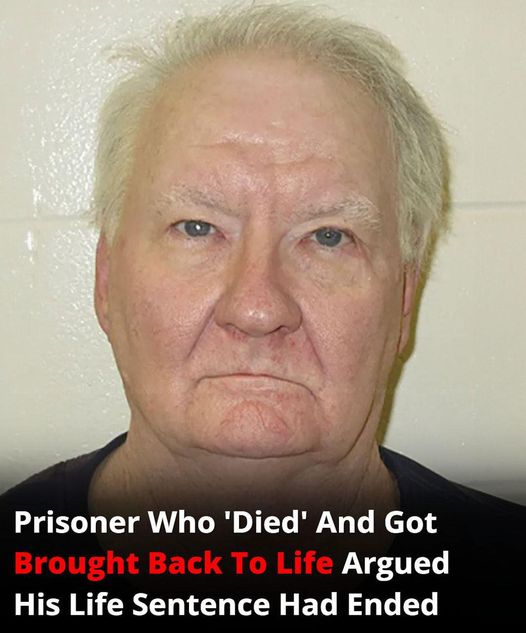Benjamin Schreiber, a convicted murderer who was serving a life sentence without parole in Iowa, ignited a legal controversy back in 2019. By arguing that his life sentence concluded at death, when he momentarily died but was revived against his will, Schreiber should technically be let free.
The Life Sentence

The case itself dates back to the mid-1990s when Ben was convicted of first-degree murder for bludgeoning a man to death with a pickaxe handle. The gruesome crime, coupled with the dumping of the victim’s body elsewhere, painted him in a grim light during the trial, resulting in a life sentence. Despite being convicted, Schreiber’s legal journey took a peculiar turn when he experienced a medical emergency in 2015.
According to reports, Schreiber suffered from septic poisoning in his kidney stones, requiring a medical intervention. Doctors were able to resuscitate him using epinephrine and adrenaline after his heart stopped, and he was able to eventually recover and return to prison. However, Schreiber seized this opportunity to argue that he technically “died” during the medical emergency, effectively ending his life sentence. He also argued that being resuscitated against his will violated his right to serve his sentence determined by the court.
Schreiber’s legal battle took center stage inn the late 2010s as he appealed to the courts for validation of his unconventional approach in his life sentence. Despite his arguments, both the district court and the state’s court of appeal dismissed his claims (surprise, surprise), deeming them “unpersuasive”.2 Justice Amanda Potterfield delivered the appellate court’s decision, emphasizing the legislative intent behind sentencing laws. The primary goal of the law is not to release convicted felons due to medical interventions, and the ruling underscored the gravity of Schreiber’s crime.
Technically, Yes. Legally…
The legal discussions of Schreiber’s case explored the relationship between criminal sentencing and medical interventions during incarceration. The court rejecting Schreiber’s argument was based on the interpretation of Iowa state law, which mandates a life sentence without parole for individuals convicted of class A felonies. Class A felons in Iowa stay in prison for the remainder of their natural life. Period.
Despite Schreiber arguing his “death” fulfilled his side of his sentence (a similar gambit was tried by a certain pirate), the court maintained that his status as a living individual bound him to the terms of his conviction. In the end, the judicial decision was made that Schreiber’s life sentence could only end upon formal declaration of death by a medical examiner.
Schreiber’s case, while unique in its circumstances, serves as a reminder of the complexities inherent in the criminal justice system. The meeting of medical emergency and legal sentencing poses interesting challenges when it comes to interpreting and applying the law. And it sometimes may be fun to watch someone try and loophole their way through the system (like a certain current American presidential candidate).
Despite Schreiber’s attempt to leverage his medical circumstances, the courts were able to uphold the integrity of the judicial process. As Schreiber continues to serve his life sentence, his case now stands as a precedent-setting example of navigating the boundaries between life, death, and justice within the legal framework.
Despite his arguments, Schrieber wasn’t able to leave the courts but he did get people talking about it and some people do agree that he technically served his time. Unfortunately, the court of public opinion isn’t higher than that of the state of Iowa. Schreiber’s life sentence did come to a close just under a year ago when he passed away in prison at the age of 70.
